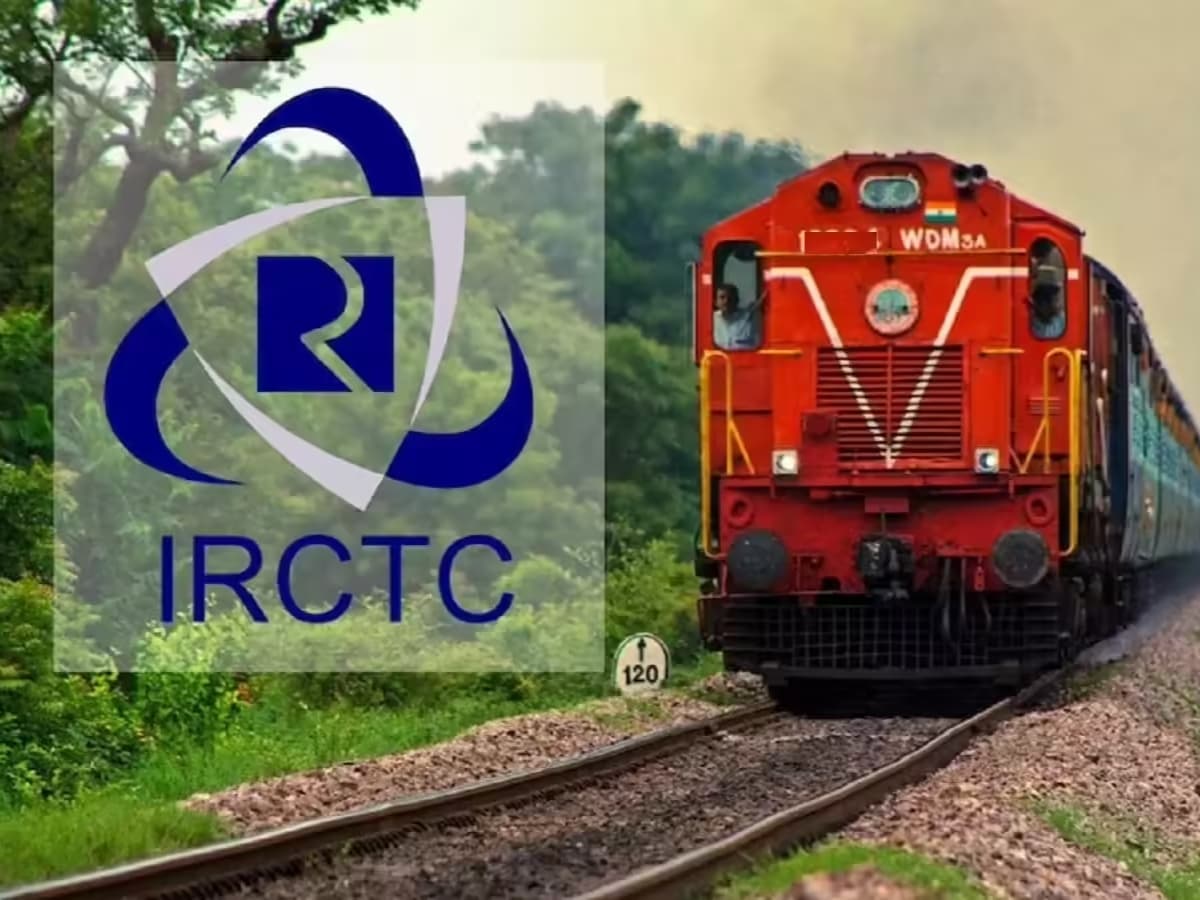IRCTC Blocks 2.5 Crore Fake IDs in Massive Crackdown on Tatkal Ticket Scam
Psu express Indian Railways Uncovers Major Tatkal Scam, Deletes Crores of Fake Accounts Used by Bots and Agents
Indian Railways Uncovers Major Tatkal Scam, Deletes Crores of Fake Accounts Used by Bots and AgentsEvery morning at exactly 10 AM, millions of Indians rush to book Tatkal tickets on the IRCTC portal, hoping to secure last-minute travel. However, many are met with freezing pages, crashing payment gateways, and vanishing seats within seconds. What was meant to be a solution for urgent travel has turned into a digital race dominated by bots and booking mafias.
Now, the Indian Railways has exposed the scale of this issue. Between January and May 2025, IRCTC flagged 2.9 lakh suspicious bookings made within five minutes of the Tatkal window opening. As a result, a massive 2.5 crore user IDs have been deactivated, and another 20 lakh accounts have been flagged for rechecking.
These fake accounts were often created using disposable email addresses. IRCTC has blocked over 6,800 such domains and filed 134 complaints with the national cybercrime portal.
The real problem lies in the black market. Illegal software like Nexus and Super Tatkal are widely used to game the system. These tools automate the login, form submission, and payment process much faster than any human could manage. This results in genuine passengers being pushed to the waitlist within seconds.
A survey by LocalCircles revealed that 73 percent of users were waitlisted within the first minute of trying, and 30 percent gave up entirely and turned to agents. Even trains to less popular towns are getting booked instantly, not because of demand, but due to digital manipulation.
To fight this, IRCTC has introduced anti-bot software and partnered with a top content delivery network to manage traffic more effectively. These steps help differentiate real users from automated scripts. According to officials, these changes are already showing results. On May 22, 2025, IRCTC recorded its highest-ever per-minute booking rate with 31,814 tickets. The success ratio for booking attempts has improved from 43.1 percent in October 2024 to 62.2 percent in May 2025.
Industry voices have also suggested solutions. A Velumani, founder of Thyrocare, proposed a staggered booking system — releasing only 10 percent of trains each hour. This would reduce server pressure and offer a fairer experience to users.
His suggestion went viral, gaining support from thousands of frustrated passengers. Among them was Sandip Sabharwal, who shared that he failed 90 percent of the time when trying to book Tatkal tickets, unless it was for AC class.
Behind the data are real human stories. One user described booking a ticket for a journey with his elderly mother. Despite completing all steps by 10:05 AM, he still landed on the waitlist.
The crackdown by IRCTC offers hope, but the road to a completely fair and accessible Tatkal system still demands innovation, vigilance, and constant upgrades in technology.






3.jpg&w=3840&q=75)


2.jpg&w=3840&q=75)

.jpg&w=3840&q=75)
1.jpg&w=3840&q=75)